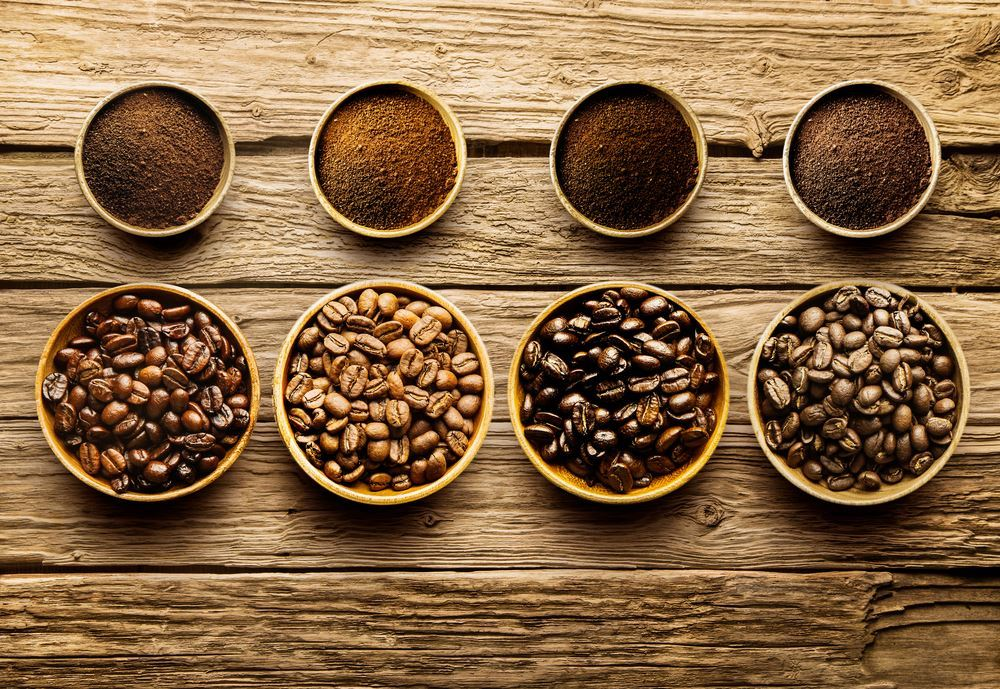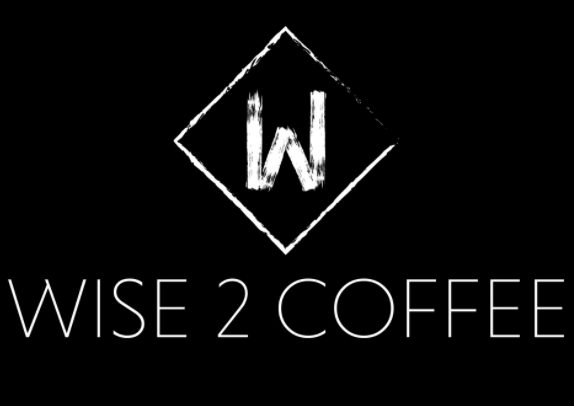White Paper by Wise2Coffee
Ethical Consumption of Coffee
Consumers in affluent societies increasingly consider the moral features of products in their everyday monetary decisions. They buy organic food, use renewable energy, abstain from buying clothes manufactured under dubious working conditions and invest in companies that operate in a socially responsible manner.
Ethical consumption can thus be defined as purchase decisions by people concerned with not only the price of products and services but also with the political, social and environmental consequences of their purchases. From this point of view, the ethical demand can be analysed using the Lancaster approach, developed in the so-called ‘new theory of consumer demand’ (Lancaster, 1966). In this theory, what consumers are seeking to acquire is not goods themselves but the characteristics they contain, and for some consumers the characteristics of goods include ethical aspects. Several studies indicate that the social context strongly influences these behaviours (Liebe et al., 2014).
Ethical consumption includes consumers’ refusal to buy products and services that harm the environment, communities, animals and workers. This behaviour involves consumers’ deliberate purchasing of organic foods and Fair Trade products over other types of products.

Ethical certification in the coffee sector dates back to 1967, when the first organic coffee was exported from Mexico. Although principally identified as production without chemical inputs, the organic movement was initially fuelled by an interest in building farm sustainability through improved soil health. Since then, organic production has grown to be associated with, and is largely fuelled by, a combination of ensuring both environmental integrity and personal health.
The first certification initiative to explicitly target trade itself as a tool for improving farmer livelihoods was the Max Havelaar label, established in Holland in 1988. The Max Havelaar model, which required licensees (manufacturers) to pay a minimum price for coffee while also ensuring other trade benefits, was quickly adopted in other countries; these eventually came together to form Fairtrade Labelling Organizations International (FLO) in 1997.
For consumers, ethical traceability is paramount both for making informed food choices and for engaging in ethical issues related to food production. According to the Akerlof theorem (1970), the adverse effects of asymmetric or incomplete information give rise to ‘adverse selection’ and an inefficient market equilibrium that highlight the importance of an effective labelling system based on the traceability system.
The Wise2Coffee Reverse Trade mechanism ensures full traceability within the supply chain from farm to cup.
- No Poverty
- Decent Work & Economic Growth.
“The Farmer First”.

